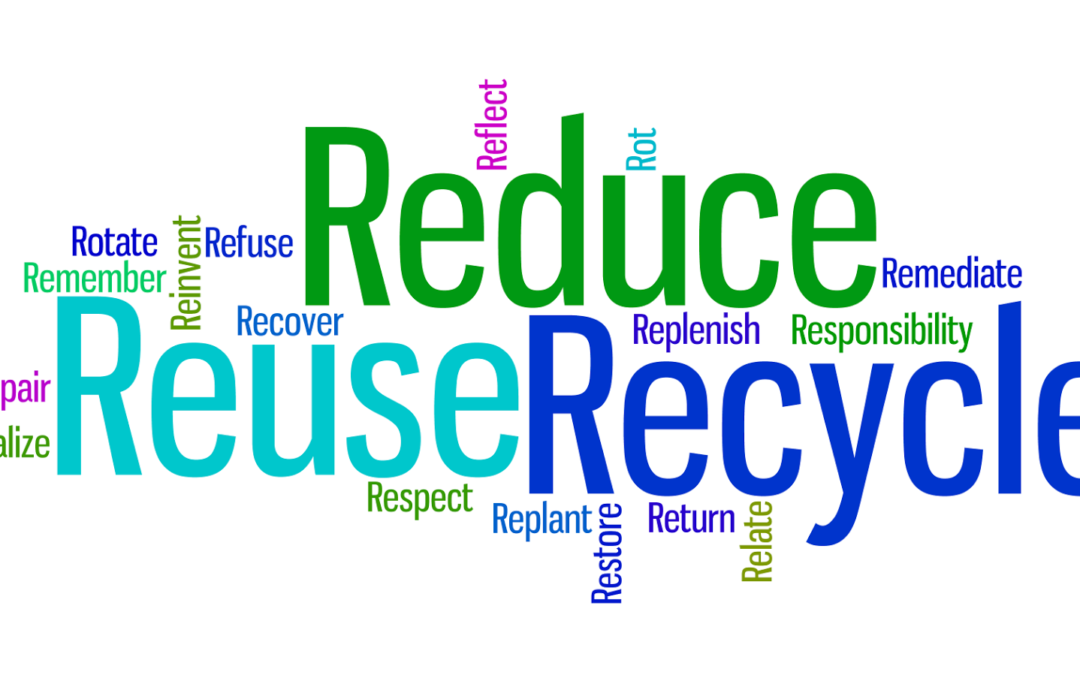As most of the waste, around 80%, ends up in landfills or is littered, it’s clear we can’t go on like this. Planet Earth will turn into one pile of waste, not only on land but also in rivers and oceans. R.O.L.E. Foundation has chosen to follow 6 R’s that cover all practices that you can apply in your daily life and household: Review, Refuse, Reduce, Reuse, Recycle, and Rethink your Residue. In a series of 7 blogs, we will discuss one R in each blog, explaining the background and give practical information about what we as a consumer can do to reduce our ecological footprint in terms of waste.
Consumerism and Waste
Waste is a global problem. Worldwide, we produce 2.12 billion tons of waste each year. Unless urgent action is taken, global waste will increase 70% to 3.4 billion tons by 2050.
It all started with the Industrial Revolution in the 18th-19th century, when the invention of the steam engine introduced a new manufacturing process with the goal of boosting production and maximizing output. Then in the 1920s, Henry Ford introduced the principle of mass production. Overproduction created advertising to keep the people buying things they didn’t really need.
In the 1950s, consumerism expanded, and so did global plastic production. Nowadays, 40% of all plastic production is single-use packaging, and 52% of all plastics are thrown away are single-use plastic packaging.
But waste not only consists of plastic (12%). Besides plastic, other main categories of waste are food waste (44%), paper/cardboard (17%), glass (5%), metal (4%), and 18% other waste like cloth, nylon, and e-waste. (source: Worldbank.org/what-a-waste)
We need to Take Action
As most of the waste, around 80%, ends up in landfills or is littered, it’s clear we can’t go on like this. Planet Earth will turn into one pile of waste, not only on land but also in rivers and oceans.
We need to take responsibility. We, the manufacturers, the governments, the consumers. As consumers, we can start to live in a more sustainable way. This is a process. We are so used to mass consumption without thinking where our disposed of household waste will end up. It’s time to re-evaluate our ways of consumption.
The 6 R’s of Sustainability
As consumers, we can make an effort in practicing the 6R’s of sustainability in our daily life, in order to reduce our ecological footprint. Several R’s are being used, sometimes only 3 R’s, sometimes up to 10 R’s of sustainability. R.O.L.E. Foundation has chosen to follow 6 R’s that cover all practices that you can apply in your daily life and household: Review, Refuse, Reduce, Reuse, Recycle, and Rethink your Residu.
Blog Series about the 6 R’s of Sustainability
In this blog series, we will discuss one R in each blog, explaining the background and give practical information about what we as a consumer can do to reduce our ecological footprint in terms of waste. So wait for next week’s blog on REVIEW!


Recent Comments